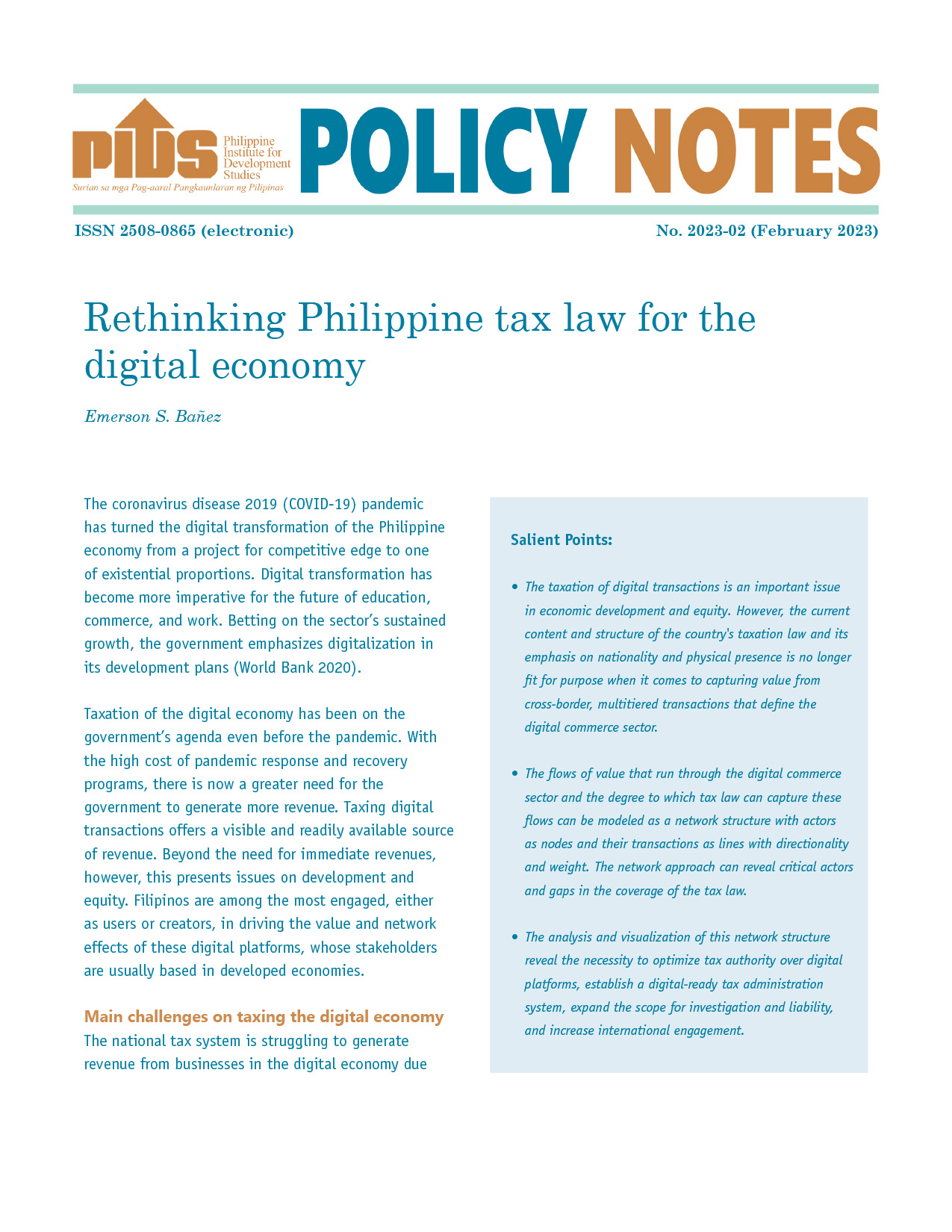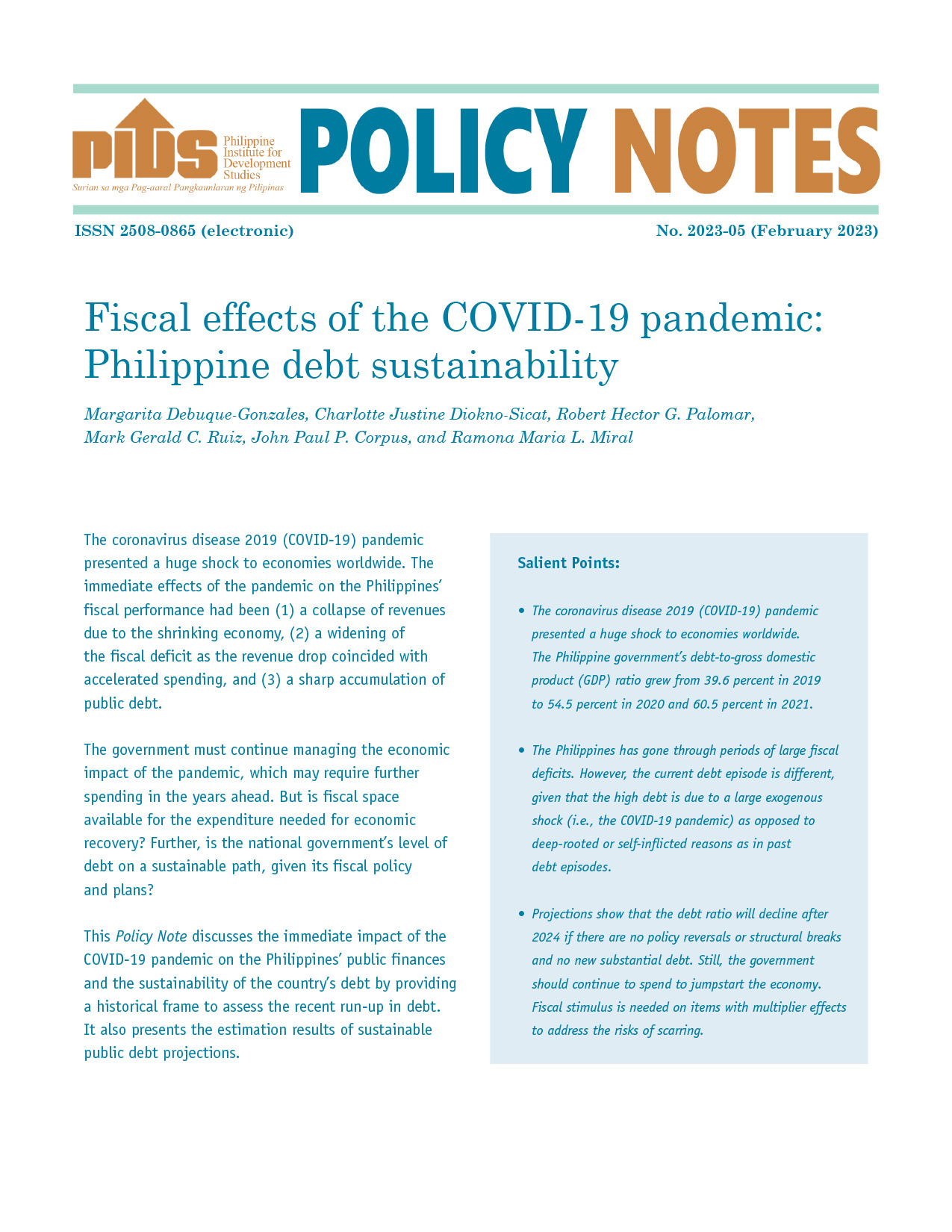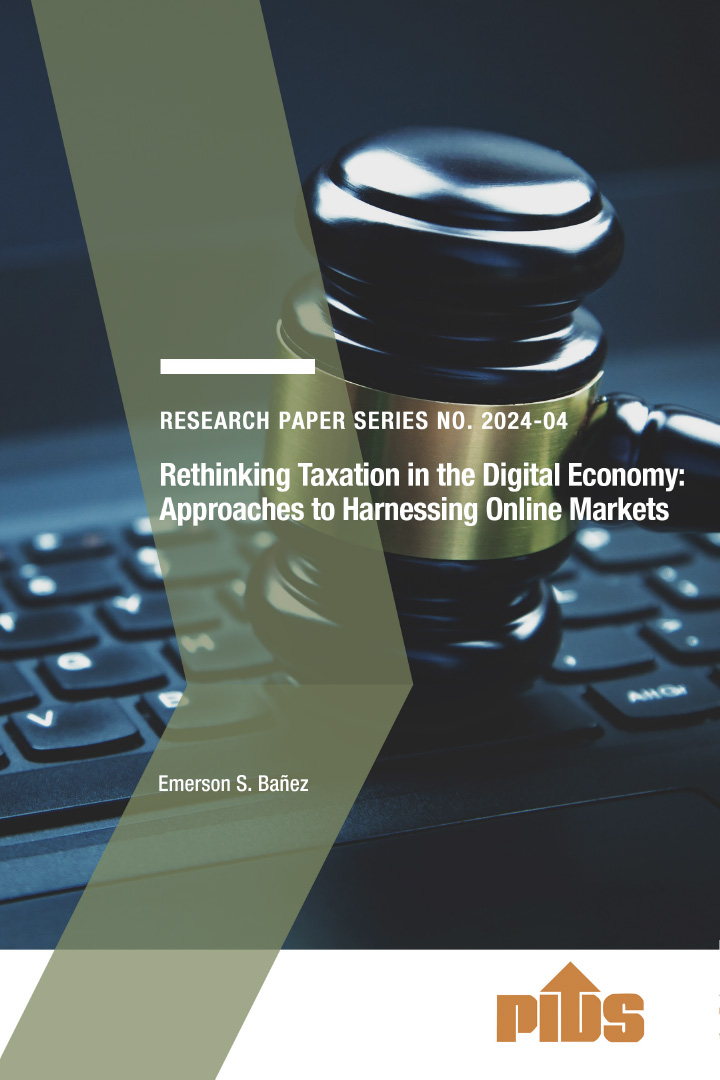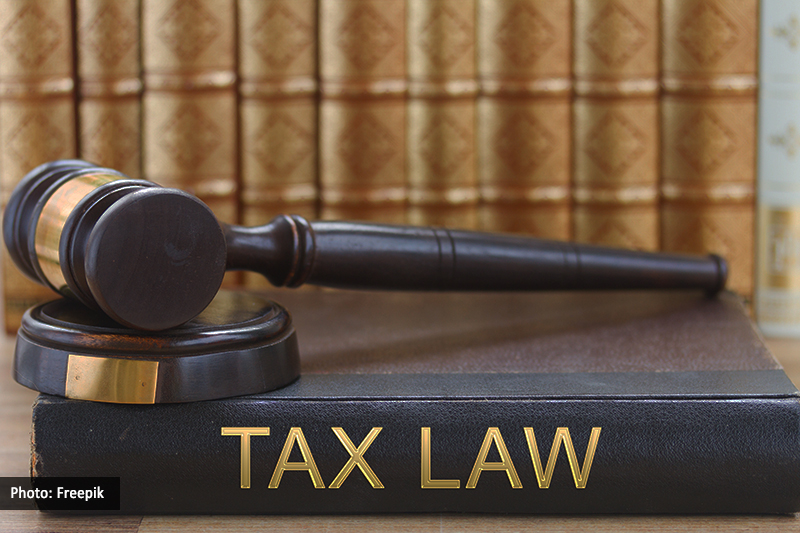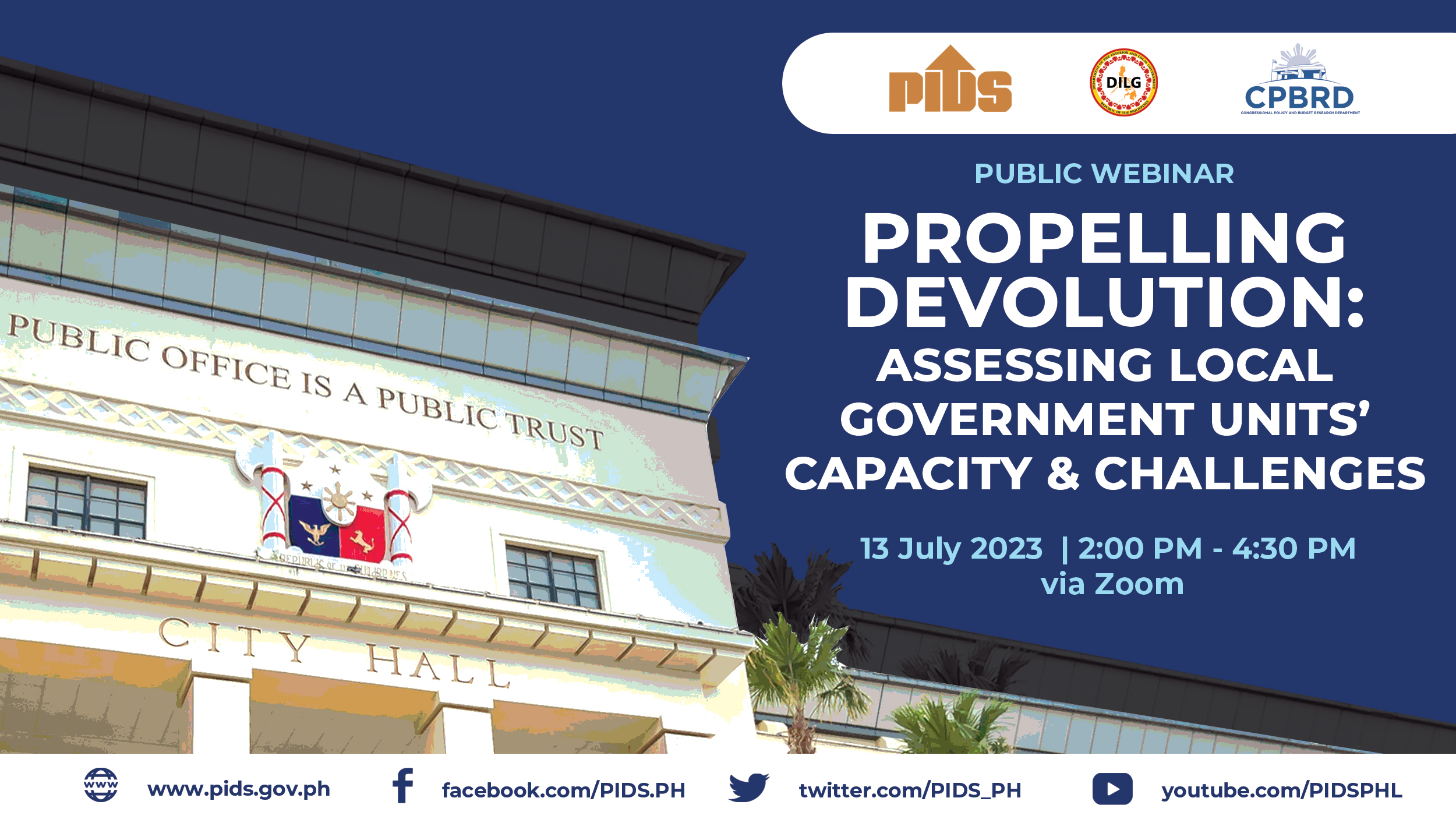Changing the value-added tax (VAT) status of indirect exporters from the current zero rating to VAT-able as proposed under three pending legislative bills will not have any effect on government revenues, according to new research from the Philippine Institute for Development Studies (PIDS).
The study, entitled “Assessment of the 2017 Tax Reform for Acceleration and Inclusion”, analyzes the tax-reform provisions in House Bill (HB) 4774, HB 5636 and Senate Bill 1408, including those pertaining to the VAT regime.
The study, authored by Rosario G. Manasan, PIDS senior fellow II, noted that the bills seek to reform the Philippine VAT system to “eliminate numerous exemptions that have significantly narrowed the VAT base [and] resulted in numerous breaks in the VAT chain, thereby making it more difficult to collect the VAT efficiently and [resulting] in a substantial tax gap [i.e., the difference between actual and potential tax revenues]”.
All three bills propose to change the VAT treatment of indirect exports from zero rated to VAT-able.
The study, entitled “Assessment of the 2017 Tax Reform for Acceleration and Inclusion”, analyzes the tax-reform provisions in House Bill (HB) 4774, HB 5636 and Senate Bill 1408, including those pertaining to the VAT regime.
The study, authored by Rosario G. Manasan, PIDS senior fellow II, noted that the bills seek to reform the Philippine VAT system to “eliminate numerous exemptions that have significantly narrowed the VAT base [and] resulted in numerous breaks in the VAT chain, thereby making it more difficult to collect the VAT efficiently and [resulting] in a substantial tax gap [i.e., the difference between actual and potential tax revenues]”.
All three bills propose to change the VAT treatment of indirect exports from zero rated to VAT-able.

